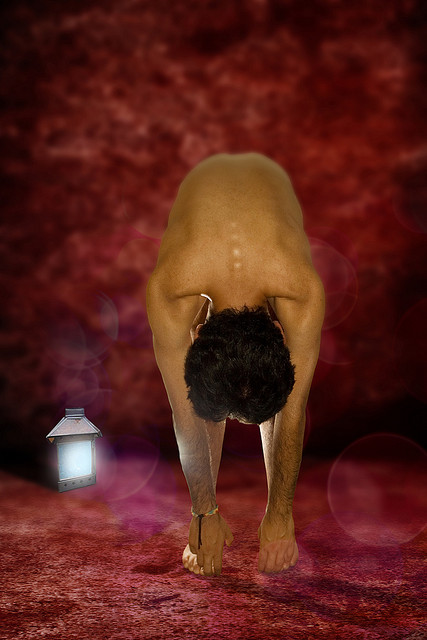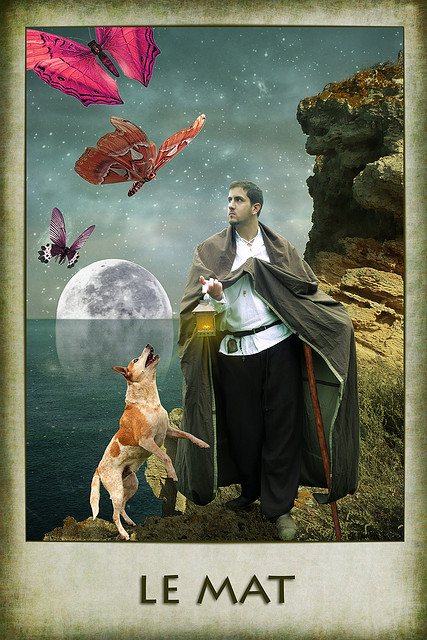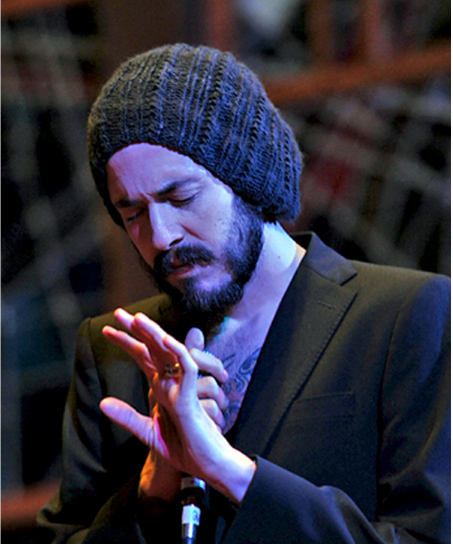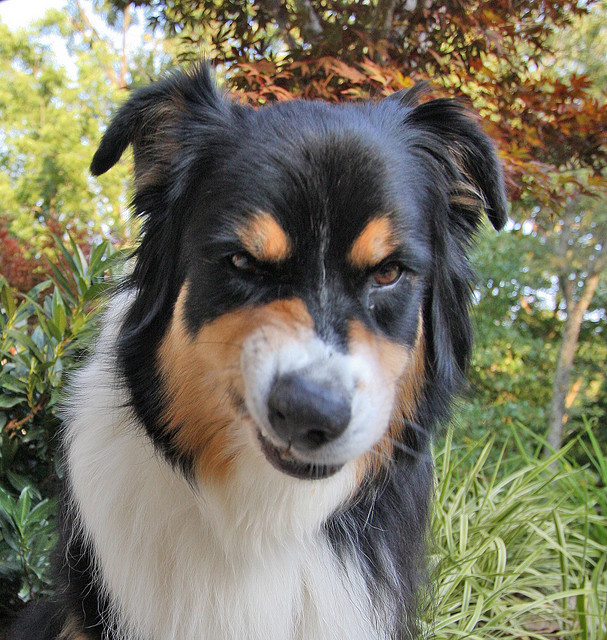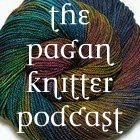Tag: Blogging
-

I Was Not Ashamed at Pagan Pride
A year ago I wrote about feeling ashamed at Pagan Pride. The circle was to blame, I stated. On Saturday, to my surprise, I found myself standing in a circle at another Pagan Pride, but this time I was helping to facilitate ritual. I was “West,” to be specific. I stood in a circle, one […]
-

A Reaction to Living
I am on the cusp of a new beginning. New beginnings are terrifying. And liberating. And challenging. And not without a degree of nostalgia and loss. Things have to end in order for other things to begin. Circle of life, and all that stuff. My house is almost completely packed up. Our bed is on […]
-

A Pagan, a Druid, and an Episcopalian walk into a Church
I went to church last night. It was the first time I’d been to church since I left the Church. Taking in an evening mass, done up to the 9’s with incense and vestments, was something I hadn’t planned to do while visiting Eugene, Oregon, nor was it an invitation I expected to receive from […]
-

The Road Ahead: Being Matt Morris Again
As many of you know, I have two names. There is the name you know me by, Teo Bishop; a name which I chose for myself several years back, and one that I took as my legal name last year. There is also the name which I’ve performed under for most of my life, Matt […]
-

I’m Not An Expert On Paganism, But I Play One On The Internet
I’m not an expert on Paganism. If you’ve spent any time here on Bishop In The Grove you’ll know that being an expert on Paganism wasn’t why I got into blogging. I blog in order to be a better student. I ask a lot of questions. I point out the things that are curious to me or that […]
-

What Do Pagans Want To Read In Their Blogs, Magazines And Books?
Writing is a bitch sometimes. I’ve given myself a number of writing projects, some religious in nature and some more scholastic. Some are a blending of the both. I’ve also begun to explore what it would be like to take my writing to print. All of these things are squeezed into my calendar and shuffled […]
-

Listen to my interview on The Pagan Knitter Podcast!
I’m excited to announce that my interview on The Pagan Knitter Podcast is live!! I had such a wonderful time talking with Ursa about my experience of Druidry, my love of knitting, and my passion for writing and blogging. You can listen to the podcast on the Pagan Knitter website, or download it directly through […]
